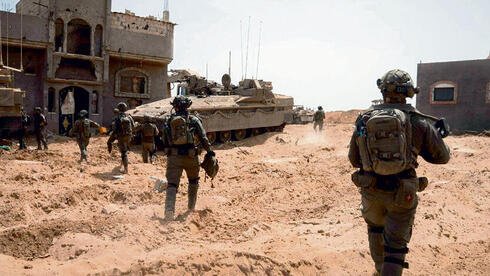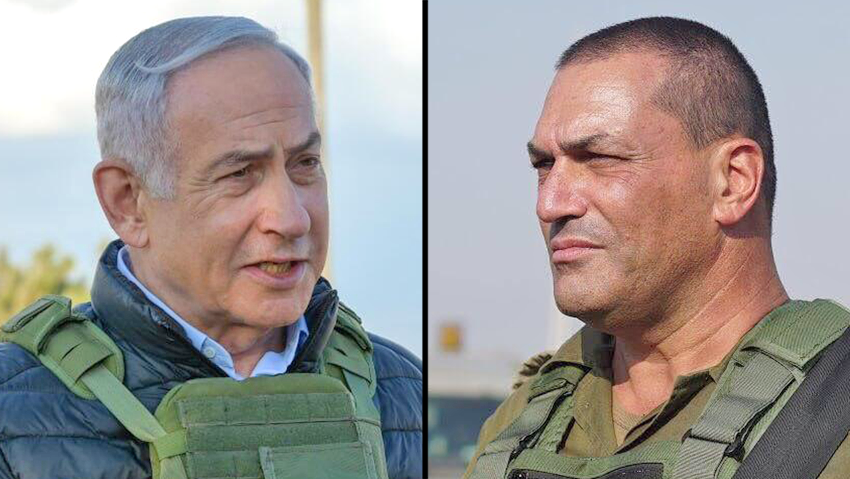The outcome has been growing distrust in the public as to the real objectives leading the government’s decisions and how they could be achieved, as well as increasing questions surrounding those objectives, among senior commanders in the field.
The top military brass insists that the IDF offensive must be in the service of releasing the hostages held by Hamas since the Oct. 7 massacre, in addition to destroying the terror group’s ability to control Gaza.
“Hamas understands it is with its back against the wall and under a continued military assault,” they said. “The terror group has no achievements on the ground, while the casualties sustained by the troops remain low. Hamas keeps losing territory to the IDF. They now have serious trouble governing and the humanitarian crisis is only getting more severe. We see daily demonstrations against Hamas, which appears to be losing control.”
But what of the hostages? The officials concede that the fear of harming the captives poses challenges to the fighting forces. “We must be careful not to cause them harm, but only military pressure on Hamas will lead to the understanding that there are no options left.”
In Khan Younis, the IDF has been moving the civilian population out of areas they have taken and where underground infrastructure was being destroyed. The military intends to limit Hamas’s control to no more than 30% of the area.
“The offensive on Khan Younis last year was effective, but it was meant to search for and capture terrorists. Now we are here to destroy infrastructure and move the civilian population to other areas,” they said. “As in Rafah, Khan Younis will be empty of civilians and terrorists.”
This war must be won now, the IDF commanders say. Still, the political dispute is worrying and the senior officers fear it could negate their achievements on the ground.
One point of concern is the participation of troops in the reserves who have been called up again, while the government continues to exempt the ultra-Orthodox sector from the need to serve.





